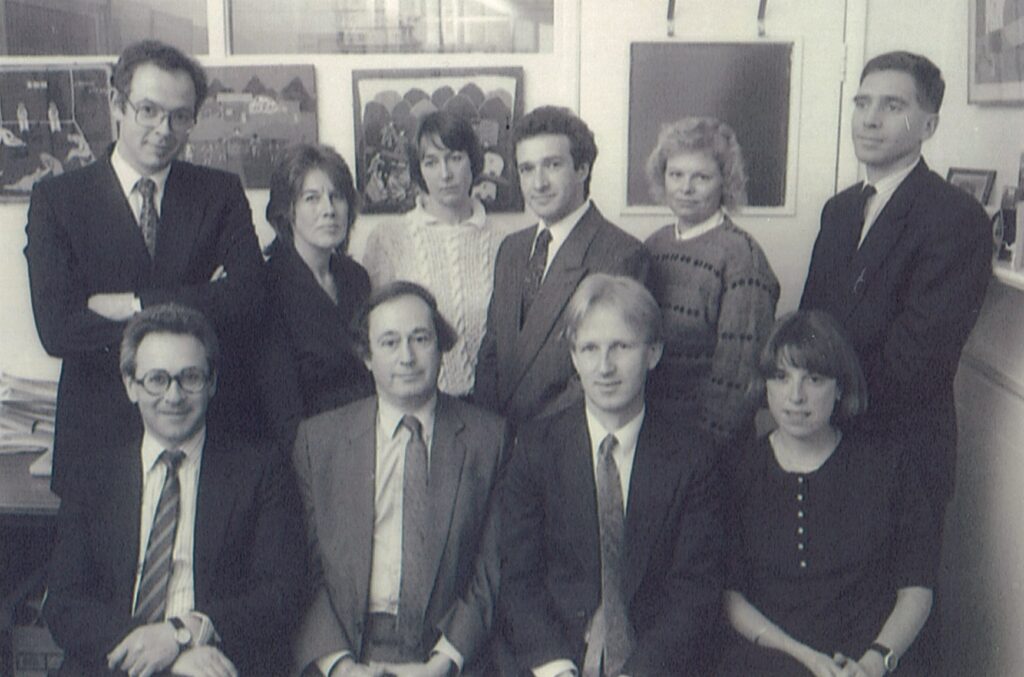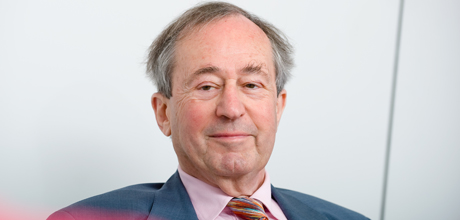Our History
Making a difference is part of the firm’s DNA, and always has been. The opposite of the ‘factory firm’, we are smaller but mightier than city-based alternatives and are proud of our outstanding history.
INTRODUCTION
At Bindmans, we are proud of our heritage.
Founded in 1974 by Sir Geoffrey Bindman KC (Hon) with the aim of protecting the rights and reputations of local Londoners, we soon became well-known for our work in human rights and civil liberties. It was uncommon for firms to practice this at the time, so from day one, we have been working at the forefront of the law, pushing the boundaries for our clients. And this has not changed since. In the same way that we pioneered the development of human rights practice in our early years, we have worked determinedly over the past fifty years to challenge the law and make an impact.
We have not lost sight of where we have come from, but we are proud to have grown and evolved as a firm, carving out expertise in new areas of the law, and broadening our services to provide exceptional representation to private individuals, NGOs, businesses, and more. Our London roots have spread to allow us to work on a large national and international scale, but we remain grounded and focused on our aims of upholding the rule of law and defending our client’s best interests. Take a look below and explore some of the milestones of our journey so far.

The Bindmans Archives
To hear more about some of our most significant cases from the last five decades that have set precedents and influenced the legal landscape, listen to the Bindmans Archives podcast series.
FROM OUR FOUNDER
It is hard to believe that it is 50 years since the firm first opened its doors at the opposite end of Gray’s Inn Road from where we are based today. We began with high ideals but few management skills and our survival in the early years was always in doubt.
That the firm not only survived but achieved its present size and reputation is a tribute to the talent, dedication and hard work of many people who have every reason to be proud. An even greater satisfaction to me is that this has happened without any dilution or diminution of those ideals and aims with which the firm began.
We are looking forward to celebrating our 50th anniversary year and continuing to build on our first half century of success.
Sir Geoffrey Bindman KC (Hon), February 2024




